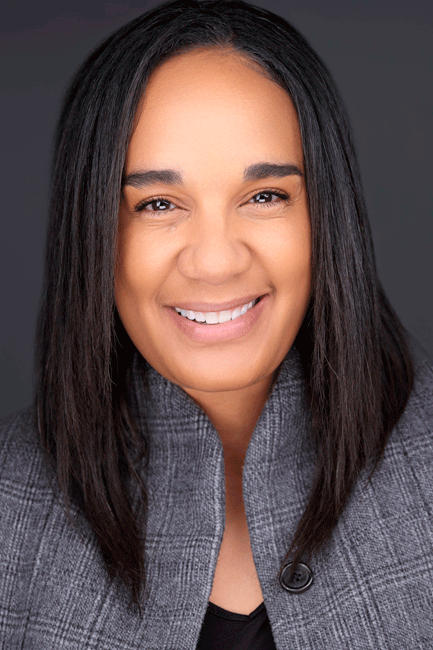Elevating Career Goals Through Mentorship
Casey Clark, vice president and dean of faculty administration for the College of Business at Western Governors University, has served WGU for ten years. In this role, Clark supports a team of over 500 Program Mentors who provide one-on-one support for business students.
Clark recently shared his perspective with Mitsu Frazier, senior vice president of the WGU College of Business, and explained why personalized mentoring is WGU’s secret to success.
Mitsu Frazier: First off, let’s talk about what mentoring is at its core and the value added when a student has a mentor.
Casey Clark: At its core, mentoring is about providing support and connection. At WGU, each student is provided a mentor, and it's like having a personal guide through our programs – a real-life human with both industry and educational experience that tailors their support to each student's unique journey.
Frazier: Why do you believe this type of human connection matters so much?
Clark: In a digital learning environment, students enjoy great flexibility, but it can also be a bit isolating. While colleagues, family and friends cheer them on, going back to school while managing a busy life can be challenging. Having a trustworthy person in your corner with a wealth of industry and academic experience, who has personally faced the complexities of juggling family, friends, conflicts and life commitments is priceless. Having a mentor not only provides practical guidance but also offers empathetic support. Mentors draw on their own experiences to help students overcome obstacles and achieve success.
Frazier: As you know, there are different types of mentors, both formal and more informal. Can you outline the different types, and the benefits each offer?
Clark: Great question. We all need mentors to bring diverse perspectives and thoughts into our lives. Beyond academic support, mentors provide invaluable feedback and inspire us to grow and reflect. It's about fostering a connection that goes beyond the curriculum.
When it comes to mentoring, there's a spectrum. Formal mentoring, like what we offer students at WGU, has clear goals tied to program completion and graduation. Informal mentoring, on the other hand, can be from role models or friends who inspire by example. This could be a great boss, a grandparent or even individuals you've never met but who've made a substantial impact on your development through their work or insights. It can also transition over time, where, depending on circumstances, a mentor might move from formal to informal or vice versa. For example, many of our students continue a relationship with their mentor even after they have graduated.
Another aspect related to mentoring is coaching. The key difference lies in the role of advice. Coaching is more focused on self-discovery, where the coach facilitates discussions for coachees to make informed decisions based on their own reflection. The relationship is often more time-limited and results-oriented compared to the longer-term, holistic support provided by mentors.
Frazier: There are many benefits to having a mentor, but we also know that there are benefits to being a mentor. Can you talk about what mentors gain from guiding others?
Clark: That’s so true. Mentoring isn't just about the mentee; it's a mutually rewarding experience. Witnessing the growth of a mentee brings a special kind of pride. A mentee’s success becomes your success, and the personal satisfaction you feel is profound. As a mentor, you're not just guiding others; you're enhancing your own skills by exploring new perspectives and ideas.
Frazier: Finally, let’s take a close look at mentoring in a higher education setting. Traditional universities offer students faculty advisers, while at WGU, we assign each student a faculty mentor. Can you talk about the difference between the two?
Clark: At WGU, our mentors are an integral part of our faculty. They go beyond traditional academic advising by combining academic expertise with industry experience. This unique combination allows them not only to guide students through their academic journey but also to connect their learning to career and life goals. Importantly, mentors provide consistent support throughout the entire program, fostering a relationship of trust and support.


